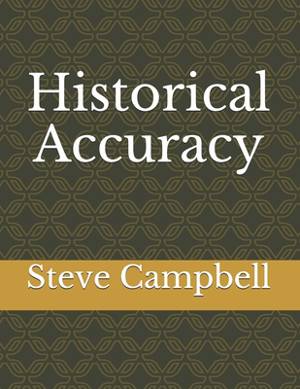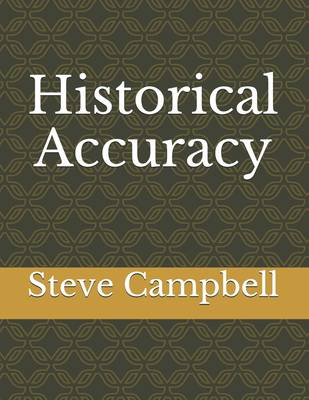
- Afhalen na 1 uur in een winkel met voorraad
- Gratis thuislevering in België vanaf € 30
- Ruim aanbod met 7 miljoen producten
- Afhalen na 1 uur in een winkel met voorraad
- Gratis thuislevering in België vanaf € 30
- Ruim aanbod met 7 miljoen producten
Omschrijving
New Testament Criticism & Interpretation / Ancient History / History of Judaism
The Case for Christ is appealed, there is evidence that demands a verdict, a new verdict. Archaeology provides evidence for Joseph and the other eleven sons of Jacob.History provides evidence for Moses. It also provides evidence the biblical Exodus is a composite event of multiple historical events.
The historical King Saul was a mayor/king of an Egyptian vassal city-state. He was separated from King David by approximately 300 years. Were King David and King Solomon also kings of an Egyptian vassal city-state?
The Apocalypse had two parts: tribulation and glorious kingdom. The Biblical Jesus was an apocalyptic prophet. Was he correct with the tribulation of AD 70 but incorrect about the glory of the Kingdom of God that was to follow the tribulation?
Which sad calamity has caused God to turn His face away?
Two passages follow the Testimonium Flavianum passage. What do the three passages taken as a whole mean?Why would a religious ceremony in Christianity memorializing Jesus Christ resemble a religious ceremony in the imperial cult of Julius Caesar memorializing him?
Did Jesus show he was navigating political realities? How is Jesus remembered in a way that causes 1) excommunication and 2) his god's face to turn away, according to the Hebrew Bible, and actually is a way to remember the tribulation of AD 70?
Jesus healing a blind man, a lame man, and a man with a withered hand appears in the gospels only because Vespasian healed a blind man, a lame man, and a man with a withered hand? Titus and Jesus were remorseful over the destruction in Jerusalem because proposals of salvation were of no avail. Both Emperor Domitian and the Jesus Christ in the "Book of Revelation" have similar stories of condemning an adulteress.
Contents include:A. The Exoduses
B. The Biblical United Kingdom of Saul, David, and Solomon
C. Christian Creed as Calamity: Josephus, Paul, and the Heresy of Jesus
D. Jesus as Stoic Sage, Logos, the Elect One, Caesar, Dionysus, Hermes, Odysseus, the Forsaken Hector, Augustus, Emmanuel, Osiris/Serapis, and Flavian Emperors
It ends with a Closing Argument - Conclusions from the Facts section.
"Historical Accuracy" advances historical information to support and develop religious education and traditions based on sacred scripture. Examining one's religious beliefs for accuracy and dependability is a responsible thing one can do for one's religious self-esteem, self-defense, and goal-setting. Examining religious beliefs for accuracy and dependability is also critical for leading families, organizations, communities, and political positions influencing religious affiliation and the future.
Specificaties
Betrokkenen
- Auteur(s):
- Uitgeverij:
Inhoud
- Aantal bladzijden:
- 468
- Taal:
- Engels
Eigenschappen
- Productcode (EAN):
- 9798710752807
- Verschijningsdatum:
- 2/03/2021
- Uitvoering:
- Paperback
- Formaat:
- Trade paperback (VS)
- Afmetingen:
- 216 mm x 279 mm
- Gewicht:
- 1075 g

Alleen bij Standaard Boekhandel
Beoordelingen
We publiceren alleen reviews die voldoen aan de voorwaarden voor reviews. Bekijk onze voorwaarden voor reviews.











